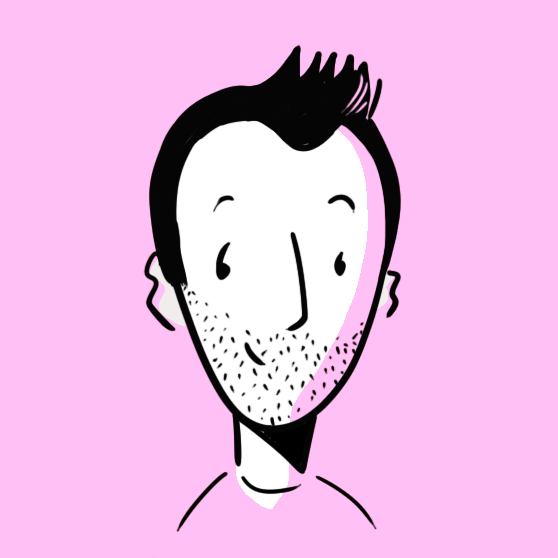Imagine being on a beach, alone, on a perfect evening. The sun is slowly sinking into the horizon, tinting the sky all shades of orange and rose. The sea in front of you is still – a vast mirror reflecting the beauty and glory of this moment—our tiny place in space and time. The salt hangs thick in the air. Occasionally, you hear the soft flap of a seagull’s wings as it flies overhead.
What if you couldn’t take a photo or a video of it? What if you couldn’t post it, location-tagged, to 7 billion people, live? In this highly connected world, every moment is now an opportunity to perform. A chance to ‘share the amazing experience we’re having with our loved ones.’
The desire to be seen
Humans perform all the time. We behave differently in different social situations depending on who we’re with and where we are. But it used to be constrained to that: different locations or different social groups. With social media, that scoping mechanism is gone. Now, if I try to make something new for dinner and nail it? It’s a chance to perform. If I travel to a remote place and find that beautiful sunset, it’s a chance to perform. Any experience I have could be ‘fuel for my feed’.
First, we make the social media,
then the social media makes us.
I have to wonder if this ‘chance’ is changing the way I behave. Did I try making that risky meal for dinner because it would give me something to post if I nailed it? Did I travel to the end of the earth so I could take and share that photo? Is my sketchbook filled with what sketchbooks should be filled with: ways to help me think? Or is my sketchbook now an artefact of heavily curated ‘final illustrations’ – page after page of other chances to perform? Am I using art in the way it is intended – to truly explore what I think and feel? Or am I being influenced to spend my time producing a social media moment that will get me a few more likes? I know some restaurants who are designing their menu to increase their chances of people taking photos of the food they serve and therefore growing patronage. If they’re doing it, why would a person be so different?
What drives art?
I consider myself lucky. I grew up in a time when connection was the exception, not the norm. I remember drawing because I wanted to; just because I felt like it. I know what it feels like to make something ‘just because’. Just for me. I know that when I get that feeling, I produce work that matters.
But not everyone grew up in that world, and it makes me wonder whether the opportunity to perform is taking precedence over the work we create. Instead of looking inwards and using art as art has always been used – to help us make sense of this crazy world and our tiny place in it – are we playing by the rules of the algorithm and letting it drive us to its goal – more eyeballs and higher-priced advertising.
